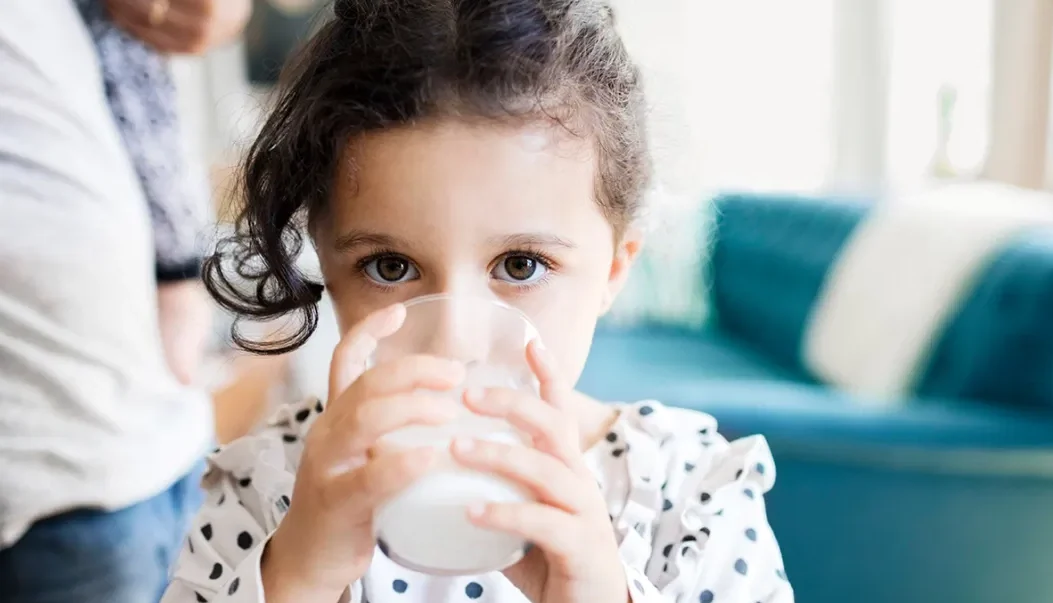What age are children most likely to get sick?
Children under three years old are particularly sensitive to infections. This is due to a variety of factors. Antibodies from the mother are effective in protecting babies and newborns up to three months old against infection. The amount of antibodies that are present later decreases as the mother’s antibodies become less effective and children’s antibodies don’t form in sufficient quantities. The immune system of babies three-six months old is vulnerable. Babies of this age have mucous membranes that are extremely sensitive and are more vulnerable to respiratory infections and intestinal infections.
The second year of a child’s life is another period of risk. The second year of a child’s life is a time when they are more independent and have broader interests in the world. Children learn the world through tasting. However, their immature digestive mucosa often leads to intestinal infection. These children are more likely to develop diseases of the respiratory system as there are so many pathogens. In addition, the child’s immune system is not developed enough in the early years.
It is thought that children are most vulnerable between the ages of six and three years.
Is it because the child starts to get sicker the more he goes to kindergarten.
Human body has many defense factors. Infants and children are more vulnerable than adults to infection. The non-specific defense mechanisms of the body are important. Children are especially vulnerable in kindergarten and primary schools, which have airborne infections. Children who are part of a group such as kindergartens and other institutions are at risk for being infected with bacteria or viruses. The onset of disease can be caused by a weakening or weakening of the immune system. The only way to prevent disease is to increase immunity in children, thereby increasing resistance to infection and maintaining health.
Which diseases are most common in children?
Respiratory diseases are the most common infectious diseases in children. Children are more likely to be affected by respiratory diseases than adults. This is due to the anatomical and physiological characteristics and immaturity in the immune system of children. According to virologists, acute viral infections of the respiratory system can affect children as young as three years old. Children between 3 and 7 years of age are most likely to be affected 6 to 7 times per year. Children between 7 and 17 year-olds are more likely than those aged 7 and 17.
These diseases are usually not caused by colds as many believe. They are more likely to be contagious and spread from children who have runny or coughy noses. These diseases are caused by various microbes and viruses. The cold can weaken immunity and encourage colonization by disease-causing microorganisms. Other factors that can contribute to the illness include fatigue, air pollution, heat, inadequate nutrition, and overheating. Avoiding the above factors will help children become less sick. It is impossible to avoid getting sick, so it is important to reinforce the child’s immune system, and to also increase resistance to environmental factors.
How can children’s immune systems be strengthened?
To avoid stressing out the nervous system and body, the child should lead a healthy lifestyle. Respecting the hours of sleep the child gets during the day is crucial for their development and health.
It is important to eat a balanced diet. Healthy habits are essential. The child should eat hot, freshly prepared meals at least three times per day. He must also eat lunch and dinner, and drink plenty of fluids. A balanced diet ensures that the body gets the vitamins it needs through food, and the stores are maintained. If the child is sick frequently or has a weak immune system, multivitamins should be added to his diet.
There are many preparations that can strengthen the immune system. It is important to talk to your family doctor before you make any decisions. If the child isn’t allergic to the components, herbal preparations will be the best for him. However, do not assume that the child will be able to recover from these oral administrations immediately.
Physical activity and movement in the open are important. Every day, a healthy child should take a walk in fresh air. You can do this in all weather conditions. It is important to wear the right clothes. Natural fibers should be used for clothing, which allows for ventilation. Shoes should also be made from natural leather. It is a good idea to visit parks and forests outside of the city. There are less diseases-causing bacteria.
We must ventilate our homes even during cold seasons. You should air your rooms several times per day.
